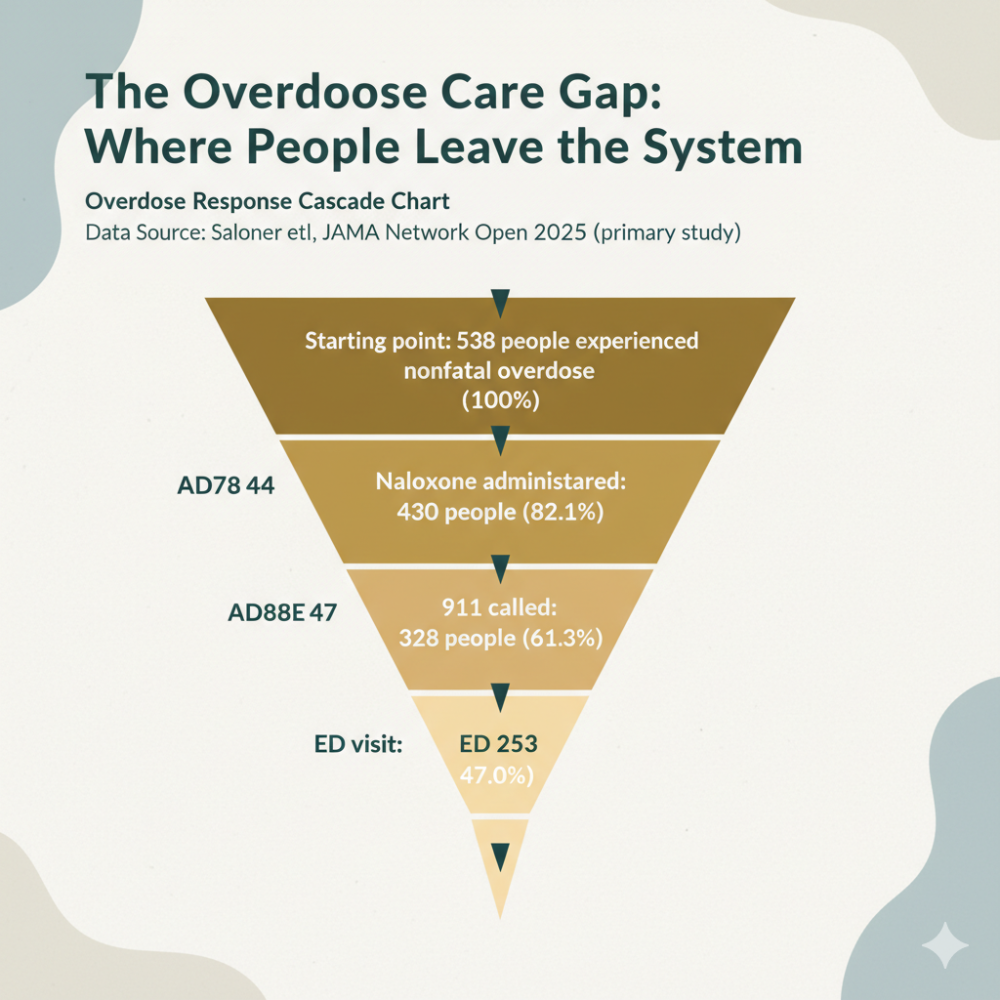What is the Sprite ecstasy pill?
The Sprite ecstasy pill, identified by its distinctive orange and white coloring with an NL stamp and a break line on the back, has been a subject of concern due to its high MDMA content. According to testing conducted in Manchester, each Sprite pill contains approximately 300mg of MDMA as this dosage its significantly higher than the common adult dose of 100mg, making the Sprite pill particularly potent and potentially dangerous. The high MDMA content in these pills can lead to severe side effects such as nausea and muscle cramping. Ecstasy pills, including the Sprite variant, often contain MDMA (3,4-methylenedioxymethamphetamine) as their primary active ingredient. However, the composition of ecstasy pills can vary widely, and they may also include other substances such as 3,4-ethylendioxyethylamphetamine (MDEA) and methamphetamine
Are you or someone you love dealing with MDMA Abuse? 866-272-5978
Contact UsThe history of MDMA dates back to its development by a German pharmaceutical company in 1912. Initially intended as a parent compound for synthesizing medications to control bleeding, MDMA later gained popularity among psychiatrists in the late 1970s and early 1980s for its perceived ability to enhance communication during patient sessions. Despite its lack of formal clinical trials and FDA approval for human use at the time, MDMA became widely available on the street. In 1985, the DEA placed MDMA on the list of Schedule I drugs, indicating substances with no currently accepted medical use and a high potential for abuse
Given the high potency of the Sprite ecstasy pill and the risks associated with its use, individuals are urged to exercise caution. The Loop, a drug welfare and harm reduction service, along with other drug awareness groups, have issued warnings about the dangers of consuming high-strength ecstasy pills like Sprite, especially in festival settings where the use of such substances is prevalent
The high variability in MDMA content among different pills further complicates the potential health risks, underscoring the importance of awareness and harm reduction efforts in recreational environments
What is MDMA?
MDMA (3,4-methylenedioxymethamphetamine, also known as ecstasy) is a synthetic (man-made) drug that causes both hallucinogenic and stimulant effects. The drug was developed in Germany in the early twentieth century as an appetite suppressant, but today’s users consume the drug for its hallucinogenic effects, which they claim heighten their senses and make them feel less inhibited. Users also consume MDMA for its stimulant properties. MDMA generally is sold as a tablet, which is taken orally. MDMA tablets are available in various colors and shapes and generally are imprinted with a logo. Popular logos include smiley faces, clover leaves, cartoon characters, and symbols associated with commercial brands.
https://www.justice.gov/archive/ndic/pubs3/3494/3494p.pdf
MDMA acts as both a stimulant and psychedelic, producing an energizing effect, distortions in time and perception, and enhanced enjoyment of tactile experiences. Euphoria, feelings of closeness, empathy, and sexuality. Although MDMA is known among users as ecstasy, researchers have determined that many ecstasy tablets contain not only MDMA but also a number of other drugs or drug combinations that can be harmful, such as:ethamphetam ine,ketamine, cocaine, cathinone, and caffeine.
What are the Effects of MDMA?
The effects produced by consuming MDMA can last for 4 to 6 hours, depending upon the potency of the tablet. Using the drug can cause confusion, depression, anxiety, sleeplessness, craving for the drug, and paranoia. Use of the drug also may result in muscle tension, involuntary teeth clenching, nausea, blurred vision, tremors, rapid eye movement, sweating, or chills.People who have circulatory problems or heart disease face particular risks because MDMA can increase heart rate and blood pressure. MDMA abusers also risk dehydration, hyperthermia (exceptionally high fever), and heart or kidney failure if they use the drug while physically exerting themselves or in hot environments
https://www.justice.gov/archive/ndic/pubs3/3494/3494p.pdf
What are the Acute Effects of MDMA?
A person may experience the intoxicating effects of MDMA within 45 minutes or so after taking a single dose. Those effects include an enhanced sense of well-being, increased extroversion, emotional warmth, empathy toward others, and a willingness to discuss emotionally-charged memories. In addition, people report enhanced sensory perception as a hallmark of the MDMA experience.
However, MDMA can also cause a number of acute adverse health effects. For example, while fatal overdoses on MDMA are rare, they can potentially be life threatening—with symptoms including high blood pressure (hypertension), faintness, panic attacks, and in severe cases, a loss of consciousness and seizures.
https://nida.nih.gov/publications/research-reports/mdma-ecstasy-abuse/what-are-effects-mdma
In addition, other drugs similar to MDMA, such as MDA or PMA, are often sold as ecstasy, which can lead to overdose and death when the user takes additional doses to obtain the desired effect.
https://www.dea.gov/sites/default/files/2020-06/Ecstasy-MDMA-2020_0.pdf
What is the detox treatment for MDMA?
Like other substance abuse treatment approaches, behavioral interventions are effective in helping a person overcome MDMA dependence. Cognitive behavioral therapy, which allows individuals to identify and change negative thought patterns that may be triggering drug use, may be especially beneficial. The treatment aims to help the patient resolve underlying anxiety and depression while teaching them coping skills to manage stress and other triggers.
Behavioral interventions coupled with support group participation increase the chances for long-term recovery. Renowned experts in the field of medical detox, Gallus Medical Detox Centers achieve superior patient outcomes in a safe, soothing environment.
Although withdrawal symptoms from MDMA are not usually severe, they can be uncomfortable. However, if your history includes frequent large doses of MDMA or use of alcohol or other illicit or prescribed pain medication in addition to MDMA, withdrawal symptoms may be more severe. Undergoing medical detox ensures you remain physically and mentally safe throughout withdrawal. If you or a loved in is need of a MDMA detox contact the experts here at Gallus Medical Detox to get started at 855-683-1772


 Steve B
Steve B 
